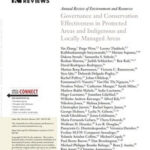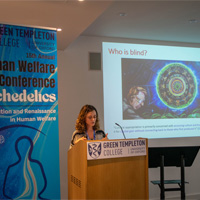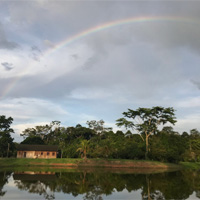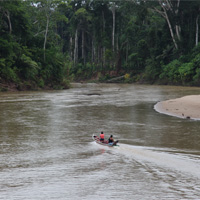Kaisa Korhonen-Kurki, Maria Brockhaus, Jenniver Sehring, Monica Di Gregorio, Samuel Assembe-Mvondo, Andrea Babon, Melaku Bekele, Vanessa Benn, Maria Fernanda Gebara, Hermann W. Kambire, Felicien Kengoum, Cynthia Maharani, Mary Menton, Moira Moeliono, Robert Ochieng, Naya Sharma Paudel, Thuy Thu Pham, Guy Patrice Dkamela, Almeida Sitoe (2018). Climate Policy.
Reducing Emissions from Deforestation and forest Degradation (REDD+) has emerged as a promising climate change mitigation mechanism in developing countries. In order to identify the enabling conditions for achieving progress in the implementation of an effective, efficient and equitable REDD+, this paper examines national policy settings in a comparative analysis across 13 countries with a focus on both institutional context and the actual setting of the policy arena. The evaluation of REDD+ revealed that countries across Africa, Asia and Latin America are showing some progress, but some face backlashes in realizing the necessary transformational change to tackle deforestation and forest degradation. A Qualitative Comparative Analysis (QCA) undertaken as part of the research project showed two enabling institutional configurations facilitating progress: (1) the presence of already initiated policy change; and (2) scarcity of forest resources combined with an absence of any effective forestry framework and policies. When these were analysed alongside policy arena conditions, the paper finds that the presence of powerful transformational coalitions combined with strong ownership and leadership, and performance-based funding, can both work as a strong incentive for achieving REDD+ goals.

















